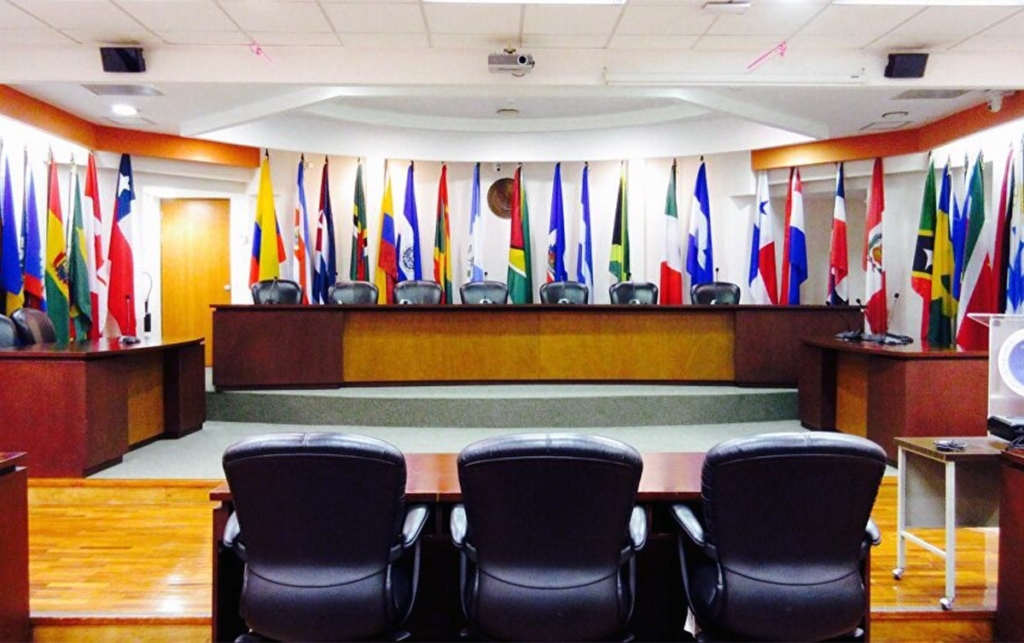CLX submits Amicus Brief on Climate and Human Rights to the Inter-American Court of Human Rights
The CLX has submitted an amicus brief to the Inter-American Court of Human Rights, related to the request presented by the States of Colombia and Chile on issues concerning the climate emergency and human rights.
This intervention assessed the standards and benchmarks offered by both the international climate regime and the human rights system, in order to provide an ‘integrated regime approach’ that sheds light on states’ obligations in the context of climate change and how the human rights system can lay down the binding boundaries that ensure that states act with sufficient urgency and ambition on climate change.
For this purpose, CLX has provided an overview of why climate change implicates human rights and states’ obligations under human rights law. It indicates the basics of the international climate regime and the key metrics and standards for state action that it establishes. The submission then turns to how reading the core principles and duties of international human rights regimes and the international climate regimes together clarify the boundaries within which states must operate to safeguard people and their rights, including the urgency and ambition with which states must comport. Finally, it concludes by applying this joint reading of the regimes to the Inter-American system – widely defined to comprise its organs and the domestic courts of State Parties to the American Convention on Human Rights and San Salvador Protocol. In doing so, the intervention identifies and examines in detail the state duties – including substantive and procedural obligations as well as special obligations towards peoples in vulnerable situations– that flow from this integrated interpretation of the two regimes.
The submission concludes that an integrated interpretation of the two regimes is essential because it clarifies the scope of states’ substantive, procedural, and special obligations to act on climate change to an extent not possible when only looking at each regime in isolation. Nevertheless, the human rights regime – both within the international context as well as within the Inter-American system – makes one thing abundantly clear: whether or not progress on climate action stalls within the international climate regime, the protection of human rights requires the preservation of a stable climate system, and states must act accordingly.

